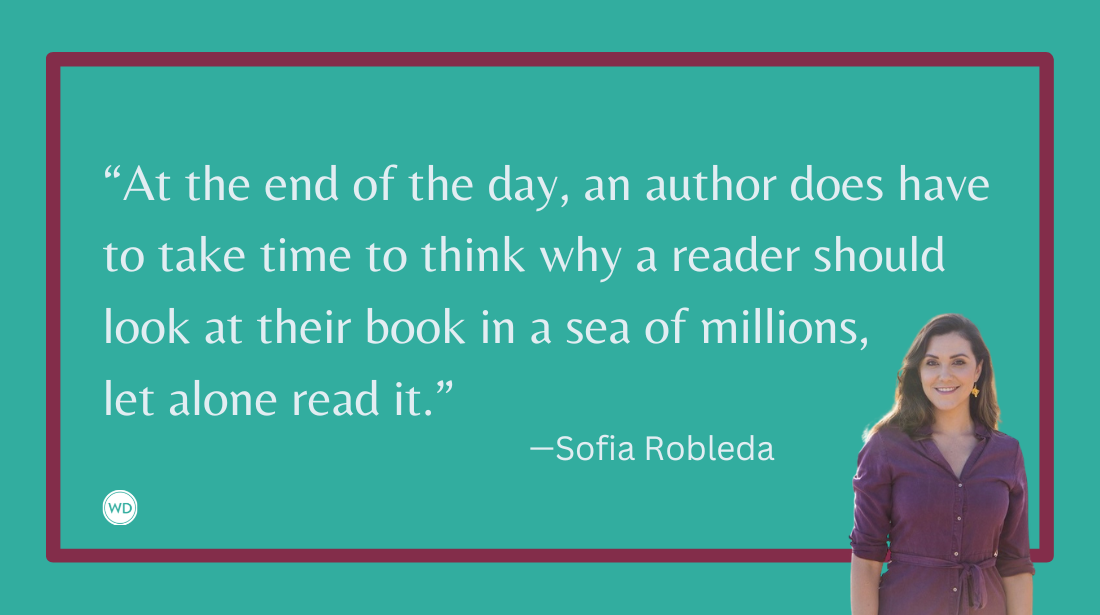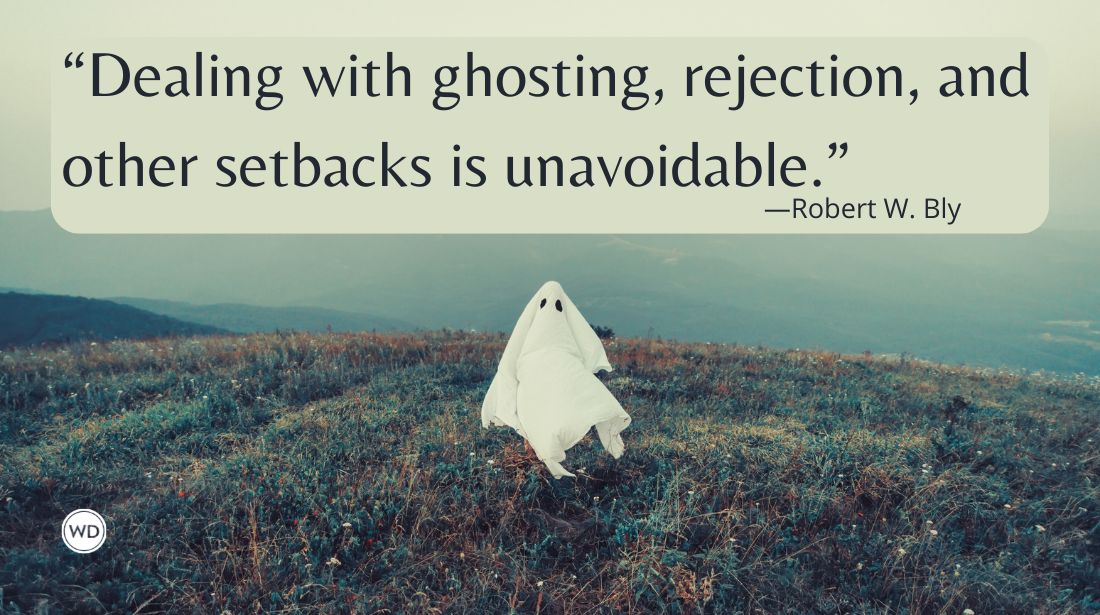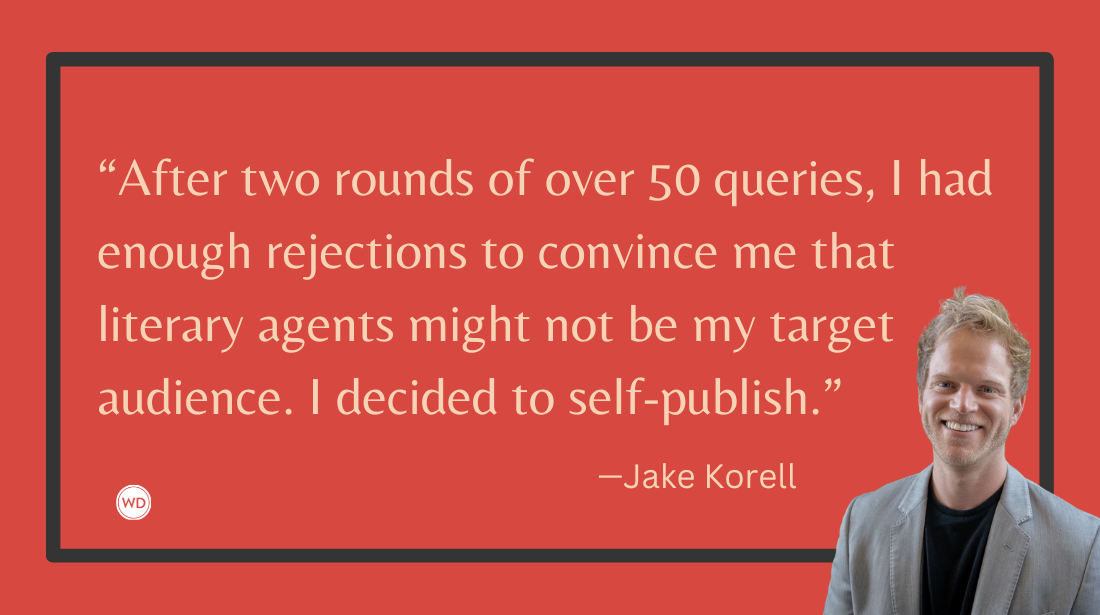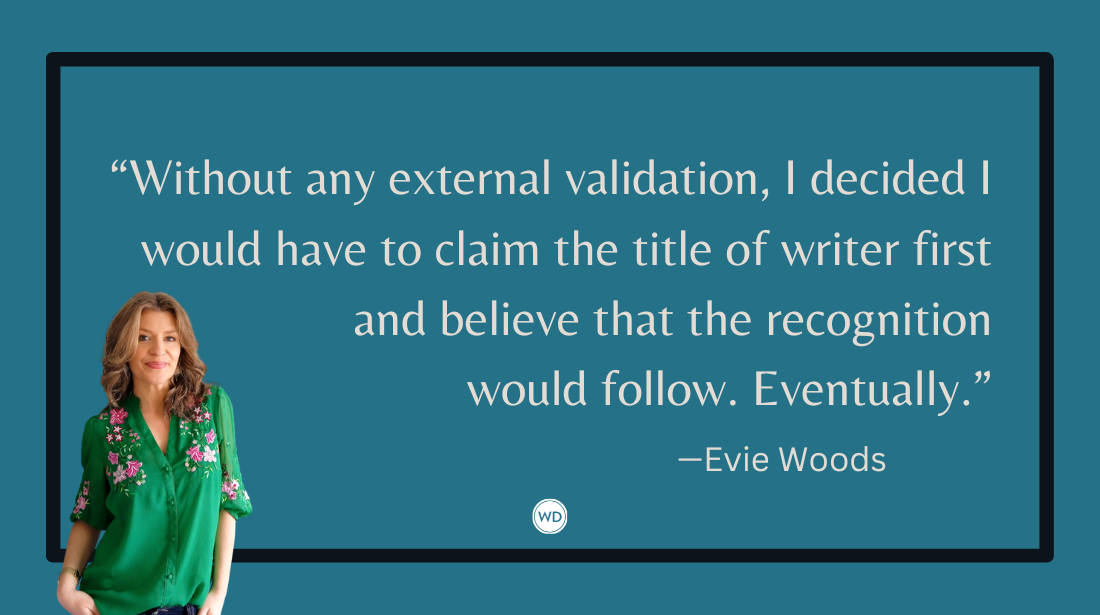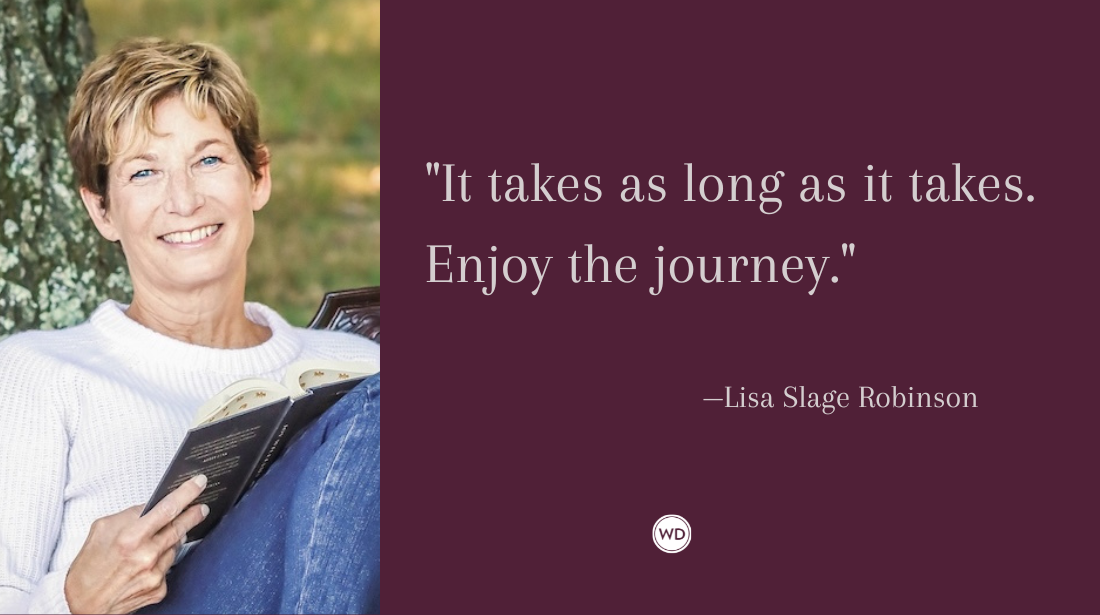10 Things Your Freelance Editor Might Not Tell You—But Should
Before you hire an editor, you need to know what kind of help you’re looking for. It’s important you know the following …
Before sending their manuscripts out into the world, many writers choose to work with a freelance editor to make their writing tighter, more engaging and ultimately more salable.
Whether you’re preparing to submit to literary agents or you’ve decided to self-publish, you don’t just want your book to be good—you want to make it great.
—by Tanya Egan Gibson
As a freelance editor, I get excited every time I embark upon this journey with a client. Being a novelist myself, I know how difficult it is to identify flaws in a manuscript on which you’ve worked for years. Partnering with a freelance editor sheds new light on your work—making it possible for you to see it from angles you’ve never imagined, capitalize on your manuscript’s strengths and root out problems that might earn you a form letter rejection from your dream agent or a “Meh” on your first Goodreads review.
Before you hire an editor, you need to know what kind of help you’re looking for. Do you want developmental editing—“big-picture” feedback about structure, style, pacing and voice? A developmental edit for a work of nonfiction may include feedback about the book’s organizational structure, as well as both stylistic and informational strengths and weaknesses. (For example: “The strongest parts of the book are where you use humorous anecdotes to illustrate your points about how bad managers don’t even know they are bad managers. Why don’t you try opening each chapter with one of those anecdotes, to make it easier for the reader to identify with the problems you’re about to discuss?”) If you’re writing fiction, developmental editing also includes notes on plot, point of view and characterization. (For instance, “I think the real story starts in Chapter 3, at the moment when she wins the lottery,” or, “While I love the way you show the character growing throughout the story and her sarcasm is often funny, she comes off as unlikable. Here are some things she might do/say to get the reader on her ‘side’ from the beginning.”) Often, a developmental edit is given in the form of a detailed report or letter rather than as notes made directly on the manuscript.
If you want the latter, you’re looking for someone to line edit your manuscript. In a line edit, your editor will point out specific things such as certain lines of dialogue that don’t sound convincing, or pacing problems in a given section. (“Why not skip the backstory here and move right to the kiss? It’s what readers have been waiting for!”)
Often, an editor provides both developmental feedback and line edits. Because developmental feedback assumes the writer will return to the manuscript and rewrite parts, line editing is sometimes held off until that rewrite has been completed. Alternatively, the editor may be contracted to work on a second line edit of the book to address anything that has been added or changed in the revision.
Copy editing and proofreading are about fixing errors in grammar, punctuation, spelling, word choice and sentence structure, as well as catching continuity issues. (For instance, a protagonist who is barefoot and locked out of her house is suddenly wearing boots as she trudges through the snow to a neighbor’s house.) If you’re certain you don’t want any content or structure changed and you just want the writing “cleaned up,” you are looking for copy editing only. (Some editors work only on the structural and line level. Others also copy edit, or specialize in copy editing alone.)
Hiring a freelance editor is a significant financial investment—one that can range from several hundred dollars to several thousand, depending upon the kinds of editing you require, the editor’s rate (which may be either an hourly rate or a flat fee, usually charged per page), and the number of revisions/rounds of editing. Freelance editors like me want you to get the most out of your money. We want to leave you feeling enlightened, empowered and excited to be putting your book out in the world. But some of what you need to know to best utilize us can be, well, difficult to bring up. Your writing is, after all, the sum of your energy, time, work and heart. You come to us with enthusiasm and passion—qualities you indeed need in order to survive and persevere in this profession—and we worry that unloading too many difficult truths at once may dampen your enthusiasm or intimidate you.
I love writing, and I love writers. So before you hire someone like me, it’s only right that you know the following:
1. You should avoid the temptation to hire someone to edit your first draft.
I know you’re really excited that you finally finished that book! I’m happy for you … you should be happy for you. Celebrate it! But don’t send it to an editor yet. Put it away for three weeks and then reread, making notes on its strengths and weaknesses, asking yourself what’s missing, and flagging places where you find yourself skimming. Then rewrite the manuscript at least once—twice is better. Don’t bring in a professional until you have made the book the best you possibly can on your own. At this stage, you are still best equipped to take your book to the next level. Only when you’ve taken it as far as you can on your own will you get the most for your money in hiring a freelance editor. Which brings me to a related point:
2. An editor is not a ghostwriter.
It’s not uncommon for nonfiction clients especially to believe that because they have an outline, research notes or interview transcripts, their book is “almost done” and ready for an editor. But if you’re looking for someone to take any of the above and shape it into a manuscript, what you want is a ghostwriter. A nonfiction editor won’t do extensive research for you. A fiction editor is not going to invent characters, flesh out dialogue or write missing scenes. If you hire an editor to do a ghostwriter’s job, you’ll surely be disappointed with the outcome.
3. Your editor is likely to feel more invested in the kind of book she enjoys reading.
Your editor should be familiar with the conventions of what you write. You don’t want her suggesting, for instance, that you include an explicit sex scene in your Christian women’s fiction. Even more important, you want her to like your book enough to want it to be the best it can be. If a prospective editor seems lukewarm from the start about your manuscript or genre, walk away. Find an editor who exhibits genuine excitement about your project. This doesn’t mean that if you’ve written a young-adult paranormal vampire romance you need an editor who specializes solely in that genre. But it does mean that you don’t want an editor who hates teenagers, hates vampires and hates love stories.
4. This might sound obvious, but: You need to prepare yourself for feedback, criticism and direction.
Ideally, the feedback you receive won’t hurt your feelings. After all, your editor only wants to help you see your manuscript with new eyes (“re-vision” it), by providing suggestions for how to capitalize on its strengths and address its weaknesses. But sometimes, what you’re secretly hoping to hear is something like, “This is just about perfect. Let’s change a few commas and get it published!” I can’t even count the times I’ve wished an editor would say that to me instead of, “So, let’s start by rethinking the opening chapters. …”
This kind of feedback can be hard to hear, particularly if the scene your editor suggests cutting is, in fact, your favorite part of the entire manuscript—a part you’ve already revised 23 times. Of course, it’s your choice as to whether or not you take the advice—but do try to go into the process willing to consider changes. You might, for instance, agree with the editor about a problem in the manuscript, yet disagree with his suggestions about how to fix it. By talking this through with him, rather than just dismissing it, you can brainstorm a different solution.
5. Revision takes time.
After investing significant time writing a book, it’s easy to start feeling desperate to finally have it “done”—so much so that you risk shortchanging the editing process. But the truth is you cannot respond to a round of thorough developmental editing in a week. (Well, you can, but it won’t be your best work.) If you’re asking an editor for feedback about big-picture issues like structure, point of view and character development, expect that integrating that feedback into a rewrite can and should take some time.
6. It’s a waste of time and money to hire someone to copy edit your book before you’ve addressed all developmental and line edits.
Why pay someone to make the words pretty in a section you might end up reworking, rewriting entirely or even cutting? If you want to identify the kind of grammar and punctuation mistakes you’re making so you can improve this aspect of your manuscript as you work on your rewrite, consider paying to have your first chapter copy edited to serve as an example. Otherwise, hold off until the manuscript needs nothing but that final polish.
7. There’s a difference between wanting to publish this book and wanting to learn how to write better.
If you know this is the only book you’ll ever want to write (say, your complete memoirs, a relative’s life story or an instructional guide to support your business platform), you may want an editor who will just fix things for you instead of teaching you how to fix them. There’s nothing wrong with that; choose an editor accordingly, and be clear about your needs up front. If, on the other hand, there’s any possibility that you’ll want to write additional books, aim for an editor who will explain her rationale for the edits, so you can learn from the process and truly make the most of your investment in her services.
8. Don’t be shy about telling your editor what you want your book to accomplish.
It’s important to have a sense of what you want the reader to think and feel when he has turned the last page. Remember that although you know what you want to say in this book, editors are not mind readers. If your editor knows what you’re going for, she has a far better chance of getting you there. If your editor doesn’t explicitly ask, “What do you want the reader to take away from this?” tell her anyway so she knows your goal and can make sure you attain it.
9. Tinkering is not revising.
If your editor gives you “big picture” (developmental) feedback and you choose to address only little things (instead of rewriting the opening chapter, you begin obsessing over the color of the character’s dress), you may be shortchanging yourself and your manuscript. If you disagree with the feedback, rather than completely disregarding it, it’s worth trying to discuss other ideas for changes with your editor so you can get the most from this experience. (See No. 4.)
10. The editor’s job is to make your book the best it can be.
“The best it can be” does not mean “the best book in the entire universe.” It also doesn’t—and shouldn’t—mean “the vampire-free book the editor wishes it were.” It means making it something you feel truly represents what you wanted to do and say.
Because achieving this for you is paramount, your editor has to tell you things about your manuscript that your friends, relatives or even critique group members might be afraid to say, such as, “Your protagonist isn’t very sympathetic early on. In fact, she’s whiny.” (We know you didn’t intend for her to be whiny. We know you meant for her to be funny. Perhaps we’re even personally familiar with thinking we are being funny when we are being a bit, um, whiny.) Let us help you bring out your protagonist’s good side, so she can voice her many complaints about life in a genuinely humorous way.
Our job, in the end, is to partner with you on a journey to reconcile your vision of your book with the way your prospective readers will see it—ultimately producing a book that says exactly what you want
to say.
*********************************************************************************************************************************
Follow me on Twitter: @BrianKlems
Check out my humor book, Oh Boy, You're Having a Girl.
Sign up for my free weekly eNewsletter: WD Newsletter





